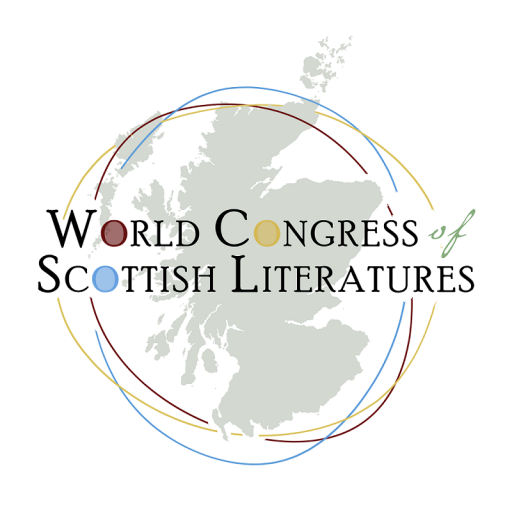In the year of James Hogg’s Semiquincentennial, this roundtable discussion considers a Scottish literary icon. It will assess why ‘The Ettrick Shepherd’ still matters, and consider how his work sparks cultural exchanges, now as it did in the early 1800s. It is presented by three generations of Hogg experts, including two writers of monographs, an editor of Hogg’s work and two young scholars who are working on new aspects of Hogg studies. Collectively, we have in-depth knowledge of Hogg as a Scottish writer of international standing. In particular, we are experts on his poetry, songs and prose; reception; significance as an interloper into the literati, as a writer widely published in Europe, North America and New Zealand, among other places.
Regardless of the difficulties of the pandemic, the raison d’etre of the roundtable is ‘James Hogg 250’, a year of celebrations between February 2020 and March 2021. From the Borders to Edinburgh, to Washington and Otago, it comprised creative events and initiatives. The aim was to celebrate Hogg as a poet, novelist, storyteller and songwriter, much more than simply the admired writer of Private Memoirs and Confessions of a Justified Sinner. James Hogg 250 has been a consortium project, led by the University of Stirling and Ettrick & Yarrow Community Development Trust. It was supported by the Association of Scottish Literary Studies, National Library of Scotland, Royal Society of Edinburgh, Buccleuch Estates, Fiona Henderson’s School of Dance, Melrose Literary Society, Innerleithen Folk Club, American Folklife Center, Edinburgh University Press, Scots Language Centre, International Association for the Study of Scottish Literature and the Centre for Irish and Scottish Studies at the University of Otago.
Dr Valentina Bold will share her reflections on Hogg 250 to get us started. There will be short contributions from each of our panellists covering the areas of Hogg in translation; Hogg’s contribution and relevance now; Hogg’s centenary and how the Victorians celebrated; Hogg in performance; and Hogg as a gateway to multiple literary genres.
This will stimulate a wider-ranging discussion about Hogg’s shifting and inspirational categorisation and functions, for Scottish critics and writers, over the past 250 years: from the nineteenth century ‘boozing buffoon’ (Noctes Ambrosianae) to a ‘great figure of Scottish culture; (Ascherson, 2002) or a writer who successfully ‘hustled’ (Crawford, 2007); from aspirational peasant poet to pioneering crime, and nature, novelist; from poet and chronicler of country life, to historian and environmentalist. We would aim to cover some, if not all, of the following areas in our discussion with panel members and attendees:
- Hogg at 250: acts of commemoration: what, when, who, why we commemorate and how does commemoration makes the field; canonical shifts and Hogg within the canon
- Positioning Hogg:how precisely does the writer fit in to 19th century literary contexts, and modern categories for 19th century writing?
- ‘The Ettrick Shepherd’: is this tag still helpful (was it ever)?
- Borderer, Scot, Briton, European: what were Hogg’s affiliations and do they matter – then and now?
- Hogg’s national and international significance? Why does Hogg matter to Scotland, and furth of it?
- Hogg studies: have they developed since 1810? 1910? 2010?
- Looking backwards / looking forwards: reflecting on the intentions of James Hogg 250 to commemorate and celebrate Hogg; thinking about the Year of Scotland’s Stories (2022).
And, in the context of this conference, we will also draw particular attention to issues around translation, in its broadest sense. It is striking that Hogg has fared badly when it comes to translations into other languages (in German, for instance, there is the Justified Sinner as well as some short stories and songs). Is this due to intrinsic qualities in Hogg’s texts or (and) perhaps, to his (more precarious?) position in the literary marketplace of his own time, and since. As an Anniversary Project, we would like to ask in what ways we could remedy this – perhaps by offering a new award for the best new Hogg translation into any language; perhaps this could be a conference legacy project?
